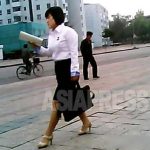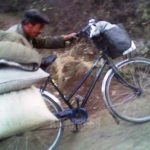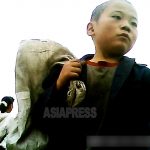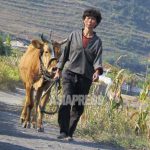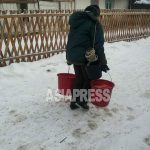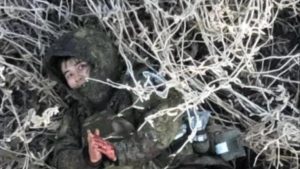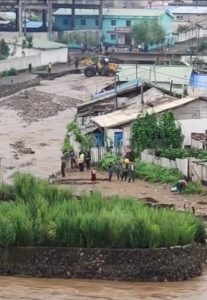
Heavy rains hit northern North Korea in late July. While state media claims the Kim Jong-un regime is rushing to support victims and carry out recovery work, what's the actual situation? On August 8, a reporting partner in Hyesan, Ryanggang Province, said the northern railway along the Yalu River remains inoperative, and many people's survival status and whereabouts are unknown. (ISHIMARU Jiro / KANG Ji-won)
◆ Inquiring About Acquaintances' Safety Leads to Secret Police Summons
-- Is flood recovery work progressing?
They say the railway tracks near Manpo in Jagang Province are buried under mud, and it's still being determined when they'll be repaired.
It seems many have died in the Jagang area, but even the Ministry of Social Security (police) can't confirm how many or who died. People with acquaintances there have tried calling everywhere out of concern but couldn't find out anything.
Due to difficult living conditions, many people had left their workplaces (even before the flood) to go into the mountains or to rural areas to earn money, leaving empty houses. So, in many cases, it's unknown where people are or whether they're alive or dead.
When that acquaintance went to the communications office (telephone bureau) to inquire, they were summoned by the Ministry of State Security (secret police). Here now, just trying to find out something can make you suspected (of intending to spread information).
※ The central "Northern Line" railway runs between Hyesan and Manpo, and operations have been suspended since the heavy rains in late July.
◆ Support for Recovery Work is Forced Mobilization
-- The Rodong Sinmun reported on the 6th and 7th that Workers' Party members and youth organizations supported the recovery work.
In Hyesan, party members from workplaces organized 'shock troops' for recovery work. I heard about 120 people went to the Jagang Province area. They say people voluntarily petitioned to be sent, but they were all selected and forcibly mobilized.
-- Kim Jong-un criticized officials for failing to prevent the flood in advance.
I heard that all Ryanggang Province party officials submitted self-criticism reports, saying the flood damage was not the central party's responsibility but an accident caused by local officials' expediency and defeatism. They were told to write what party policies they implemented and what was lacking.
-- Reports emerged that Kim Jong-un personally visited the flood-damaged areas. What's the reaction to the visit on the ground?
Some say "he's thinking of the people" because he mobilized helicopters and conducted on-site guidance by boat. But some don't think much of the visit and only say, "It’s tragic for those who lost their lives.”
◆ Serious Deterioration of Public Safety
-- Are recovery support supplies being appropriately delivered?
They put out broadcasts and give lectures to commend people who have contributed support or been mobilized. They propagate the idea that helping each other in difficult times is a fine communist tradition and an expression of patriotism.
But only those who earn good money can afford to give support, and they're doing it to get their names listed. Those with difficult lives can't contribute much, so they become cautious because if they do contribute, they might be suspected of why they having the means (to provide support).
-- We hear that public safety is deteriorating.
Robberies are frequent. In a nearby house, a man who came in asking for water to drink beat and kicked an older woman who was alone, leaving her unconscious. They say he stole a phone and one kilogram of rice.
It's so scary that even if someone comes saying they might die, well-off people don't show their faces. They're scared and also don't care about others. People say that's the wise thing to do.
※ ASIAPRESS communicates with its reporting partners through Chinese cell phones smuggled into North Korea.
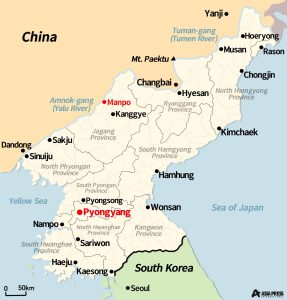
- Chinese authorities warn of possible North Korean landmine displacement due to floods, notify residents "Do not go to the riverbank”
Railways Stopped in Northern Region, Continued Power Outages Food Shortages Lead to Increase in Robberies - <Inside N. Korea>Heavy Rain Causes Casualties in the Northeast; Officials Panic Fearing Kim Jong-un's Criticism: "The Blame Game Has Already Begun"
- <Video Interview> The Voice of a North Korean Woman (1): 'Only Officials Thrive, Others Struggle'...Facing starvation due to the border closure, people sell off their homes to survive
- <Inside N. Korea>Forced Labor Camps on Collective Farms Target Urban Job Deserters
